In the last decade we have seen more and more automakers focus on electrification, launching hybrid and full-electric cars on the market. But buy one EV (Electric Vehicle) is it really worth it? We have collected a dozen of pros and cons to understand how convenient it is buy electric cars in 2023.
Amazon Music: 3 months free with no subscription required
Electric cars: pros and cons of EVs
Every month we see the announcement of a new electric model by the major car manufacturers: whether it is the German manufacturers or the new Electric Fiat 500, rather than American or Asian manufacturers, the competition is becoming increasingly fierce. And after that actions Tesla have sunk, even the American manufacturer has lowered its prices making them more accessible. Not counting manufacturers such as Polestarjust arrived in Italy.
Competition should lower the price and the fact that the EU proposes to incentivize green transport with columns every 60 kilometres makes it easier and easier to choose the full-electric. But is it worth buying electric today?
Pros and cons of electric cars: 6 reasons to say yes
Let’s start on the positive notes, to consider whether you are skeptical or enthusiastic about the role of EV in the mobility of today and tomorrow.
Zero local emissions

The first positive aspect concerns emissions: fuel-powered vehicles produce pollutants such as carbon monoxide and gases responsible for the greenhouse effect such as carbon dioxide. An electric car, on the other hand, has no local emissions, eliminating the amount of gas emitted directly from driving.
However, this only applies to direct vehicle emissions: the production of the car itself often produces a lot of CO2. But it should be emphasized that although it depends on the components and where they are produced, on average electric cars have a lower impact on the environment than petrol and diesel ones. Just don’t think the total impact is zero: if your internal combustion engine car still works efficiently (because maybe you bought it recently), keeping it with you could be the most eco-friendly option.
A silent guide
Gasoline cars can be noisy, especially high-performance ones. Among the pros and cons of electric cars must therefore be considered the noise factor: the EVs are definitely quieter. This reduces noise pollution (whoever has a bedroom facing a busy road will thank you), even if it requires greater attention when driving: especially those with vision problems may not notice you passing.
Less maintenance
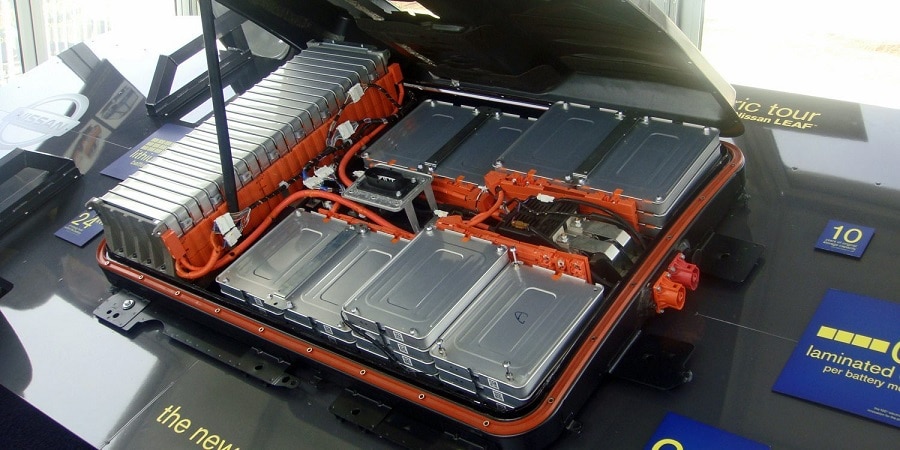 Batteries for IVs
Batteries for IVs
Vehicle maintenance involves several best practices that extend the life of your car. But with electric cars, there’s one huge advantage: they have fewer moving parts than any other type of engine.
For a simple statistical calculation, this limits the number of components that could break during your travels. But on the other hand, different car manufacturers (particularly Tesla) have prices rather elevated for repairs and replacements, especially since not all mechanics work on EVs. You should have fewer problems, but the few you do have could be expensive.
Cut your fuel bills
The main economic advantage is undoubtedly the possibility of not having to refill the tank. Why the tank is gone. It doesn’t matter how much the price of gas and oil increases, nor what excise taxes you still have to pay. The savings will be high, considering that fuel costs up to 1,750 euros a year (with last year’s price increases).
Recharge at home

The cost of electricity has also increased significantly, so much so that some studies seem to indicate that recharging electric cars at home costs more than refueling: therefore the cost is a pro or a con? Other independent studies, however, put the cost of charging at home at half that of refueling.
If you have a good electricity contract, especially if you pay less at night, charging the car at home could bring economic benefits not to underestimate.
Tax incentives and more
Incentives for the automotive sector, historically, never fail: even petrol or hybrid cars with low emissions allow access to advantageous scrapping. But if you have electric cars you can get by 5,000 euros to 7,500 euros incentive by scrapping a Euro 5 or older car, as you come from 3.000 a 4.500 euro even without scrapping. However, there is a maximum expenditure ceiling of 35,000 euros without VAT (therefore approximately 42,700 euros with taxes)
Furthermore, electric cars do not pay road tax for the first five years and a quarter of petrol vehicles after that year (although no longer in Lazio).
The cons for those who want an electric vehicle
Now let’s move on to the cons: what you need to consider before running to dealerships or car sales sites.
Higher initial cost
Although Tesla has removed the price of its vehicles, at the moment the starting price of the Model 3 also remains well above the 40 thousand euros. Many European electric cars are in the premium segment and also City Car models such as Fiat 500e, at eUp! Dacia however, they remain at a higher price than their petrol counterparts.
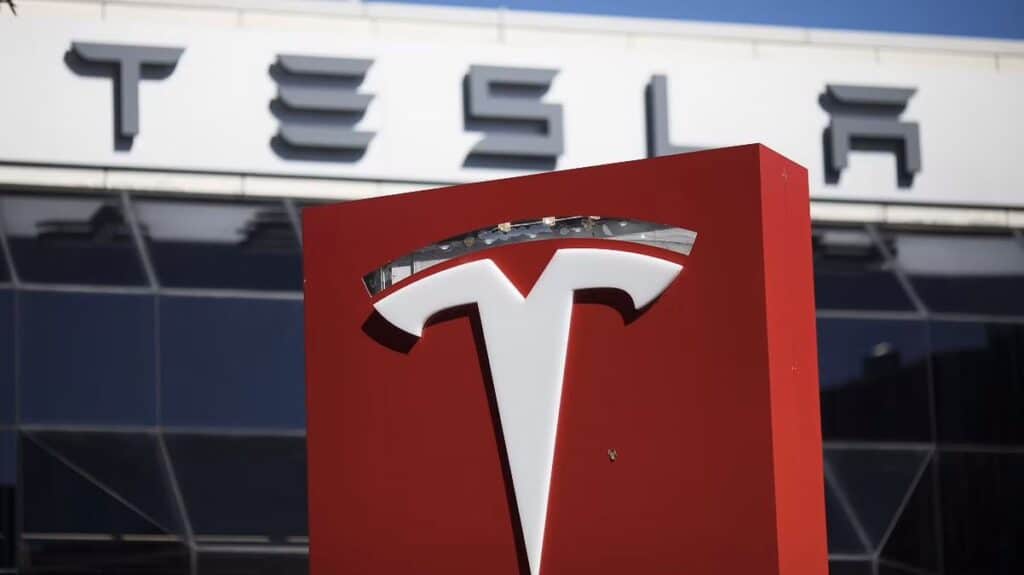
That’s because automakers need to cut research, manufacturing and safety costs for batteries. And some cynics could also say that, by taking advantage of government incentives, they have less interest in keeping the starting price low. Electric cars are not entirely out of reach for less well-off families, but in the lower end of the market choice (and performance) is very limited.
Long recharge times
Especially with electrical sockets in the house, fully charge an electric car It takes a long time. This leads to having to plan your travels more carefully: charge overnight before going to the office, go shopping in malls that offer free/discounted top-ups.
Some solutions, such as the Tesla Superchargers and other fast charging units allow you to speed up the times. But they won’t always be available: you’ll have to organize long trips taking into account the recharge breaks (using online tools and navigators it is quite easy, however).
Power line problems will have a double weight
A power outage at home necessarily brings inconvenience, especially if you’re working remotely. But if you also charge your car, the risk doubles: you risk being without energy and without the possibility of getting around by car. If only the power goes out due to a thunderstorm during the night, you could wake up in the morning with an empty car and little time to get to the office.
Few charging stations
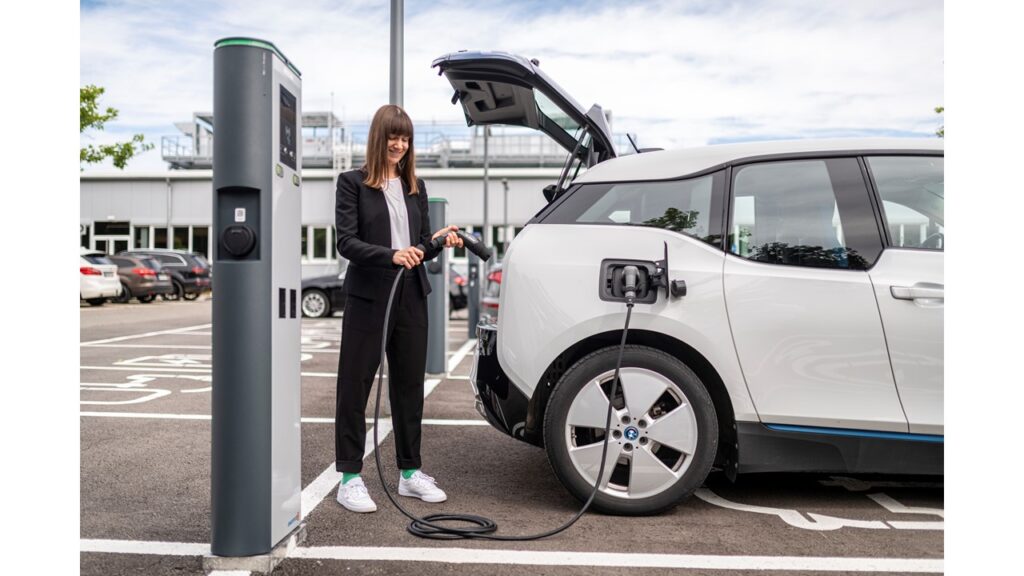
Charging stations are on the increase. And some are very convenient: you can park near the entrance to shopping centers and in central areas of the city. But at the moment the situation is still far from ideal and it gets worse if you travel to other countries. You will therefore have to be careful when planning your travels.
Short distance
At CES 2023 we tried the new one Mercedes-Benz EQXXwith an autonomy from 1.200 km. But most electric cars do significantly less: even the version Long Range of Tesla Model 3 reaches 466 km on average. And most of the others (especially city cars) do much less.
But like any other factor, it depends on how you use it. Salespeople who travel all day might prefer a solution with more range, while those who only have to travel a few dozen kilometers to work might have everything they need.
Charging costs could be expensive (especially from charging stations)
As we said, the cost of electricity is increasing and this leads to making electric recharging of cars less convenient. If you can organize yourself to charge at home at low cost (perhaps at night) there are no problems. But the prices of control units and charging stations could be less convenient than expected.
As you have seen, electric cars have several pros and cons. And even when an aspect seems positive or negative, the impact on your choice will depend a lot on how you use the vehicle, where you live, how fast you go. The choice can only be personal. We hope this list helps you make it a little easier.






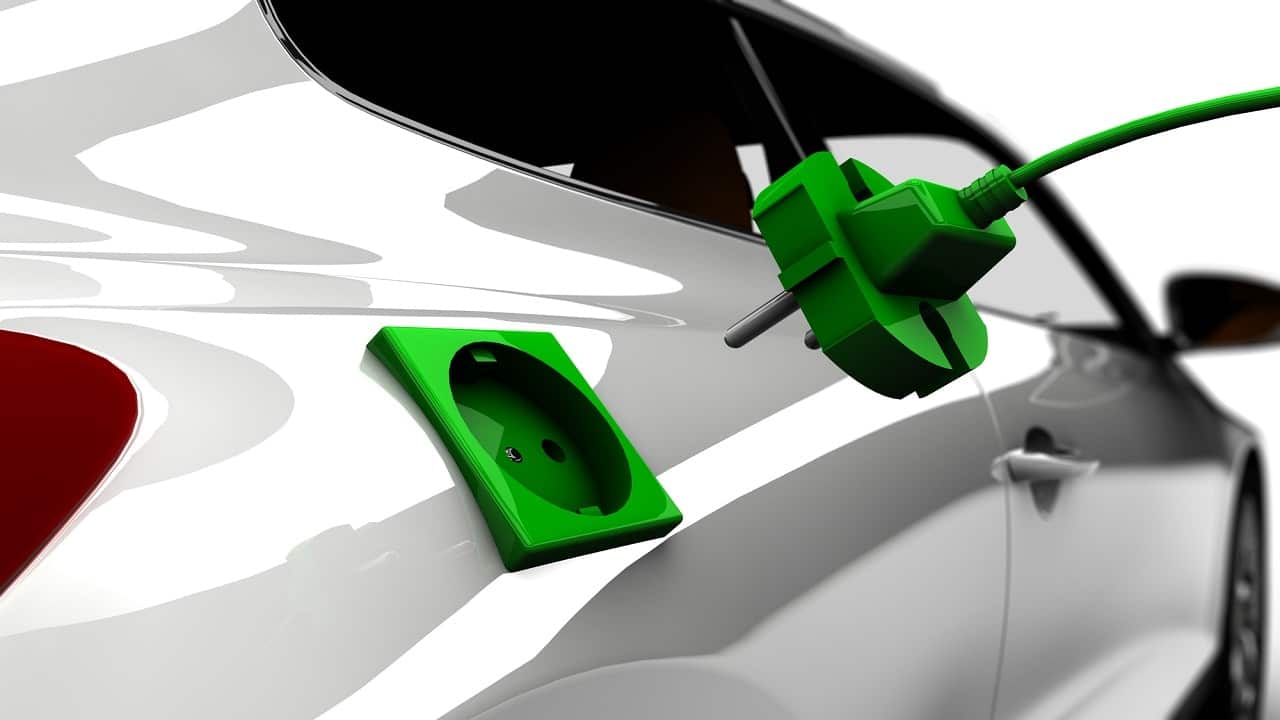





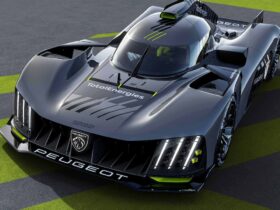
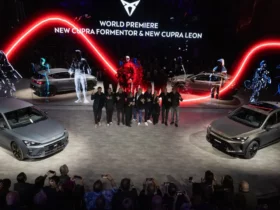


Leave a Reply
View Comments